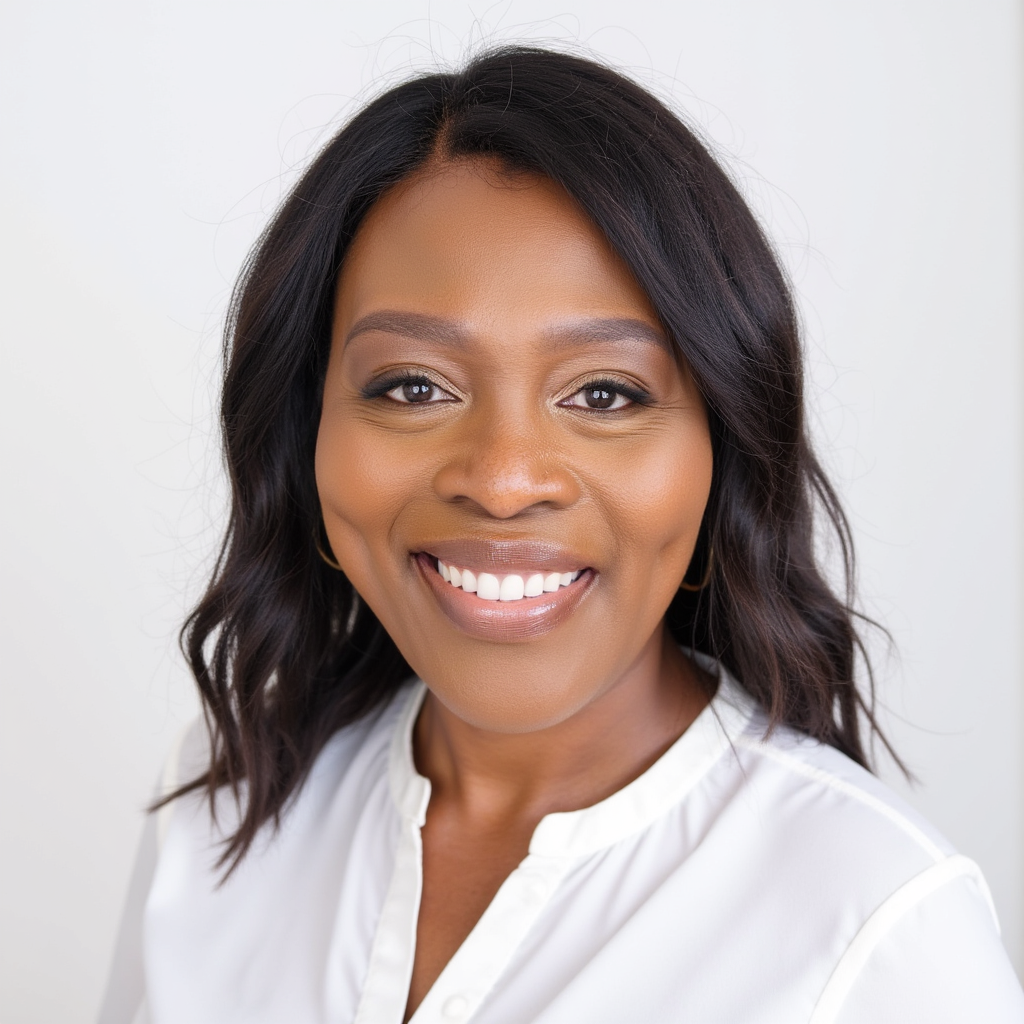Depression Therapy Los Angeles | Support for High-Achieving Women
If you’re feeling emotionally exhausted, numb, or like you’ve lost your spark, you’re not alone. Let’s explore what depression really looks like, how it impacts high-achieving women, and how therapy can help you reconnect with yourself in a grounded, sustainable way. In case you're new here, I’m Dr. J, and I offer therapy for high-capacity women ready to stop pushing through the pain and start tending to themselves with compassion.
If you’re ready to explore therapy, you can learn more about my Christian counseling for black women in Los Angeles —designed for high-performing women navigating invisible emotional loads.
What is depression therapy?
Depression therapy offers a safe, nonjudgmental space where you can slow down, name what you’re feeling, and be deeply supported through it. For many high-achieving women, depression doesn’t always look like sadness it can show up as emotional disconnection, low motivation, irritability, and burnout. My approach is grounded in body awareness, emotional regulation, and that help you come back to yourself one step at a time.
Depression isn’t laziness or weakness. It’s a signal that something in your system is asking for care, rest, and support.
Most common symptoms of depression:
- Feeling numb, disconnected, or emotionally flat
- Low energy, fatigue, or difficulty getting out of bed
- Persistent self-criticism or sense of worthlessness
- Loss of interest in things you used to enjoy
- Changes in appetite or sleep patterns
- Difficulty concentrating or making decisions
- Feeling hopeless, heavy, or like nothing will ever change
How do I know if I have depression?
If you’ve been wondering whether what you’re feeling is “normal tiredness” or something more, try asking yourself:
- Do I feel disconnected from myself or my emotions?
- Have I stopped enjoying things I used to love?
- Does getting through the day feel like a constant effort?
- Am I withdrawing from people or responsibilities?
- Do I often think, “What’s the point?” even in small moments?
If any of these resonate, depression therapy can help you understand what’s really going on and begin to shift the patterns keeping you stuck.
How I treat depression in Los Angeles
I don’t offer surface-level solutions. I help you get to the root.
My approach to depression therapy blends emotional attunement, somatic awareness, and nervous system support. Together, we explore how your sadness shows up in the body, how you’ve learned to disconnect in order to survive, and what you need to begin reconnecting with yourself.
We use body-based tools to gently access what’s beneath the numbness so you can begin to feel again, safely and slowly. This isn’t about forcing joy. It’s about cultivating presence, softness, and space to heal.
What topics can we talk about in depression therapy?
- How to name and validate your emotions without judgment
- Moving from numbness to emotional reconnection
- Exploring grief, disappointment, and identity loss
- Understanding your survival strategies and burnout patterns
- Rebuilding trust with yourself and your body
- Creating rituals of care, rest, and nourishment
Ready to get started?
01
Clarify what’s no longer working
We’ll explore what’s bringing you in, the weight you’ve been carrying, and what you’re hoping will feel different. We start by exploring the patterns, roles, and beliefs that have been keeping you stuck in over-functioning, burnout, and emotional disconnection, especially those shaped by faith, culture, and performance.
02
Reclaim your voice and emotional truth
Together, we’ll begin to untangle the internalized narratives that say you have to be strong, silent, or selfless to be worthy. This is where you’ll practice honoring your needs, setting sacred boundaries, and telling yourself the truth, without shame.
03
Redefine your life from the inside out
As healing unfolds, we’ll build a more honest, faith-affirming relationship with yourself and your emotional world. You’ll walk away with tools to support your growth, rhythms that restore you, and a renewed sense of spiritual and emotional alignment.
Depression therapy for high-achieving women in Los Angeles
I work with women who are great at holding it all together on the outside even when they feel like they’re falling apart on the inside. If you’ve always been the strong one, the responsible one, or the one everyone leans on, depression can be especially hard to name.
But naming it is the first step toward healing.
Therapy offers you a place to stop performing and start being. No masks. No pressure. Just space to feel what’s real and rebuild from there.
Tips & resources for depression
- Keep a mood journal to gently track how you’re feeling each day
- Create a “low energy” playlist for days when you need softness
- Set a 5-minute timer to get started on small tasks without pressure
- Choose one gentle routine to repeat each morning (even brushing your hair counts)
- Reach out to one safe person—even if it’s just to say “I don’t feel like myself today”

Hi! I'm Dr. J (Jackie Johnson)
Faith-rooted therapist & executive coach for high-achieving women of color
I help high-performing Black women and women of color release burnout, reconnect with their worth, and reclaim their voice—through soulful, faith-affirming therapy and trauma-informed coaching rooted in emotional safety and spiritual alignment.

Book your session
Investment
- $250 per 50-minute session
- A limited number of sliding scale spots may be available.
- This isn’t surface-level support. This is deep, reflective, and transformative work designed to help you unlearn self-abandonment, reconnect with your truth, and build a life that finally feels like
you.

FAQ
Can therapy help with depression?
Absolutely. Therapy gives you a grounded space to unpack what’s been weighing on you without judgment or pressure to feel better right away. It’s not about quick fixes, but about understanding your story and gently rewriting the parts that keep you stuck. Through narrative and acceptance and commitment based practices, I help you feel supported enough to meet yourself where you are—and move from there.
What activities should you do when depressed?
The best activities are the ones that meet your energy and emotional state with kindness. Gentle movement, time in nature, creating a soothing environment, or simply allowing yourself to rest can all be powerful. In session, we explore which types of activities truly help you reconnect with yourself—without pressure or impossible goals.
What are some coping skills for depression?
Coping doesn’t mean pushing through it means supporting yourself with presence and compassion. Five helpful skills include:
- Breathwork for grounding
- Naming your emotions out loud
- Creating daily anchor routines
- Body scans for emotional check-ins
- Asking for help when things feel too heavy In therapy, you’ll learn which of these feel most supportive for your nervous system.
How can I help my depression naturally?
Natural support starts with listening to your body and tending to your needs with softness. Practicing breathwork, grounding exercises, regular rest, and gentle movement can help your system come out of shutdown mode. I’ll help you build a toolkit that feels nourishing not overwhelming or performative.
How do I check my depression level?
There are screening tools that can offer insight, but the most important “check” is how you’re actually feeling in your daily life. Are you able to experience joy? Do you feel emotionally present? Are you going through the motions, or are you truly connected to your life? Therapy helps you answer these questions with honesty and understand what your body and mind are trying to tell you.
Good Faith Estimate (No Surprises Act)
This Good Faith Estimate shows the costs of services that are reasonably expected for the expected services to address your mental health care needs. The estimate is based on the information known to us when we did the estimate.
The Good Faith Estimate does not include any unknown or unexpected costs that may arise during treatment. You could be charged more if complications or special circumstances occur. If this happens, federal law allows you to dispute (appeal) the bill.
If you are billed for more than this Good Faith Estimate, you have the right to dispute the bill.
You may contact the contact listed above if billed charges are higher than the Good Faith Estimate. You can request an update to the bill to match the Good Faith Estimate, ask to negotiate the bill, or ask if there is financial assistance available.
You may also start a dispute resolution process with the U.S. Department of Health and Human Services (HHS). If you choose to use the dispute resolution process, you must start the dispute process within 120 calendar days (about 4 months) of the date on the original bill.
There is a $25 fee to use the dispute process. If the agency reviewing your dispute agrees with you, you will have to pay the price on this Good Faith Estimate. If the agency disagrees with you and agrees with the health care provider or facility, you will have to pay the higher amount.
To learn more and get a form to start the process, go to:
www.cms.gov/nosurprises or call CMS at 1-800-985-3059.
For questions or more information about your right to a Good Faith Estimate or the dispute process, visit www.cms.gov/nosurprises or call CMS at 1-800-985-3059 .
This Good Faith Estimate is not a contract. It does not obligate you to accept the services listed above.

